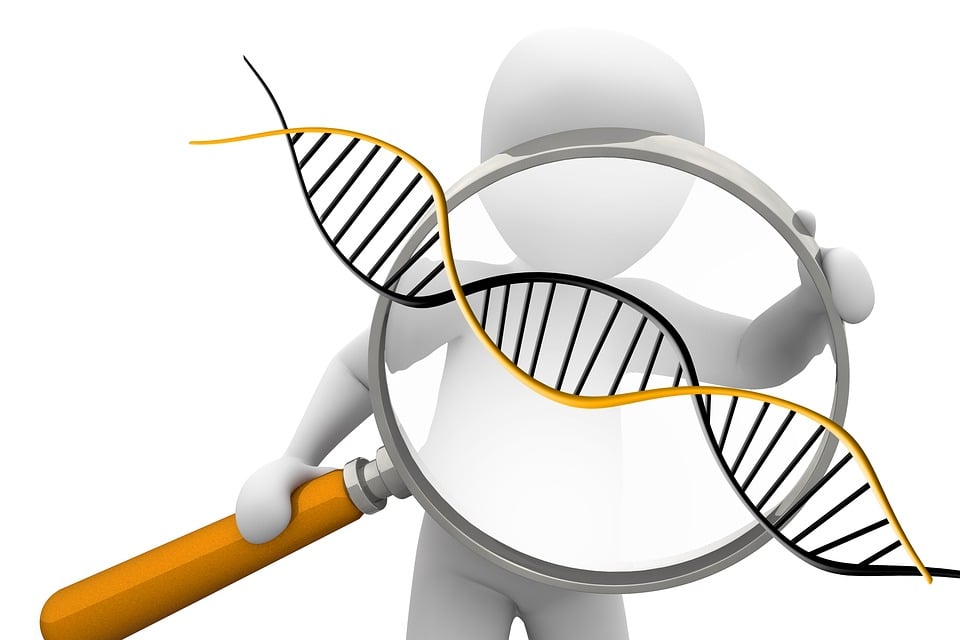A passion for science combined with a desire to understand
people fosters unique character. It cultivates a person with empathy and strength,
focus and balance. This person is a genetic counselor.
Unfortunately, this isn’t a career typically found on a high
school aptitude test…
Thus, like many students in their final years of high
school, I found myself trying to decide where to go to college with no real
understanding of myself or my professional calling. I knew I didn’t want to be
submerged in medicine, but also didn’t want a job that focused on working with
people without a science component. When I asked my high school biology teacher
if any jobs existed somewhere in the middle, he asked:
This question sparked my curiosity and fueled what is now my
burning passion. Though my teacher didn’t know much more about this oddly
balanced profession, I ventured out on my own to find more information.
In my searches, I realized that genetic counseling was not just
something I wanted to do, but a profession that I was made to do. Throughout
high school, I was involved in many theater and music programs, but also enjoyed
going home to a date night with my biology book. I started looking for colleges,
and happily landed at the University of Pittsburgh, where I decided to pursue a
Biological Sciences Major and take as many classes focusing on genetics and the
human body as possible. In addition, I decided to pursue a Music Minor and an
American Sign Language Certificate to balance the scientific and psychosocial
aspects of my education. Ultimately, I considered this a stepping stone to a graduate
program in genetic counseling.
Throughout my undergraduate career, I found myself having to
do a lot of independent research on how to get into a genetic counseling graduate
program. I had to research which classes constituted as prerequisites and which
activities would help prepare for a career in genetic counseling. The many
times I had questions, I didn’t have anyone else to ask or even someone to
compare notes with. By no fault of theirs, career offices and professors had
limited answers because genetic counseling is such a niche field. Additionally,
I didn’t feel comfortable contacting the head of the Pitt program as a young
college student, worried that if I applied to Pitt, they would remember me as unknowledgeable!
(Note
from program directors at Pitt: This is not the case! We welcome contact from
students at any stage in finding out about genetic counseling to contact us!)
Fast forward to my senior year; the Assistant Director of
Pitt’s genetic counseling program, Andrea Durst, approached me about starting a
genetic counseling club at the undergraduate level. Although I had decided to
take a gap year before going on to graduate school, I realized that I wanted to
serve as a mentor for those sitting in the same position I had four years ago. My
fellow officers and I hope this club will be able to not only serve as support
system for those who know they want to become genetic counselors, but also to
inspire and educate those who have only heard whispers of this great
profession.
Thus far, the club has had two meetings, elected a new
Volunteer Coordinator, and gained over 20 members to its roster. We are looking
forward to having many students and genetic counselors attend to share their
experiences, tips and tricks, and open a line of communication for anybody who
wants to learn. If you have any questions, or would like to be added to our
email list (you do not have to be an undergrad at Pitt!), please feel free to
email PittGeneticCounselingClub@gmail.com.
-Jessica Feldman, President of the Pitt Genetic Counseling Club





